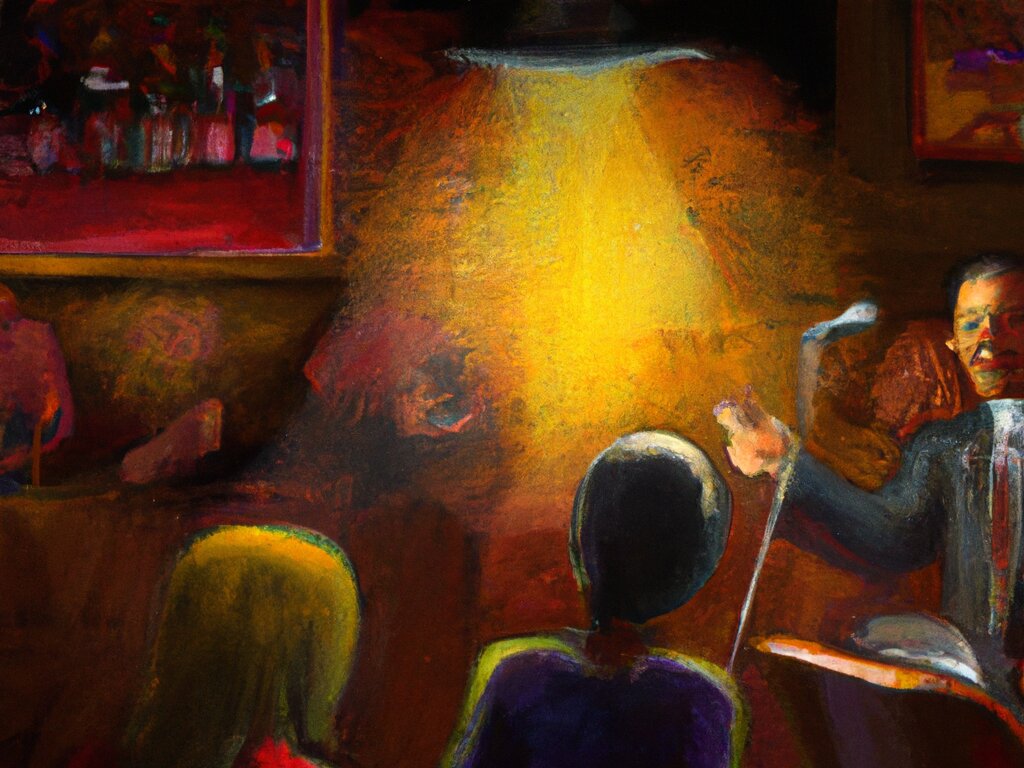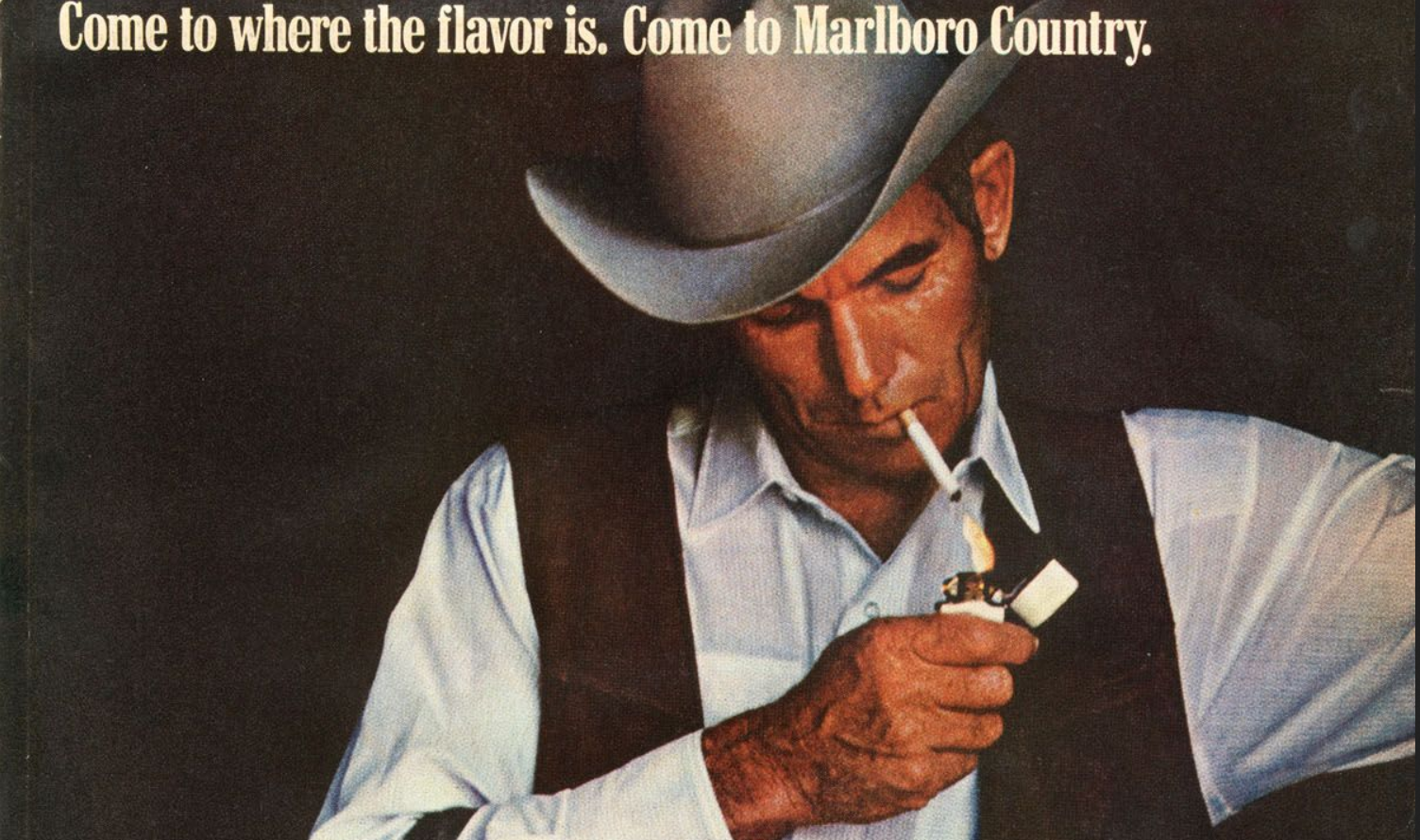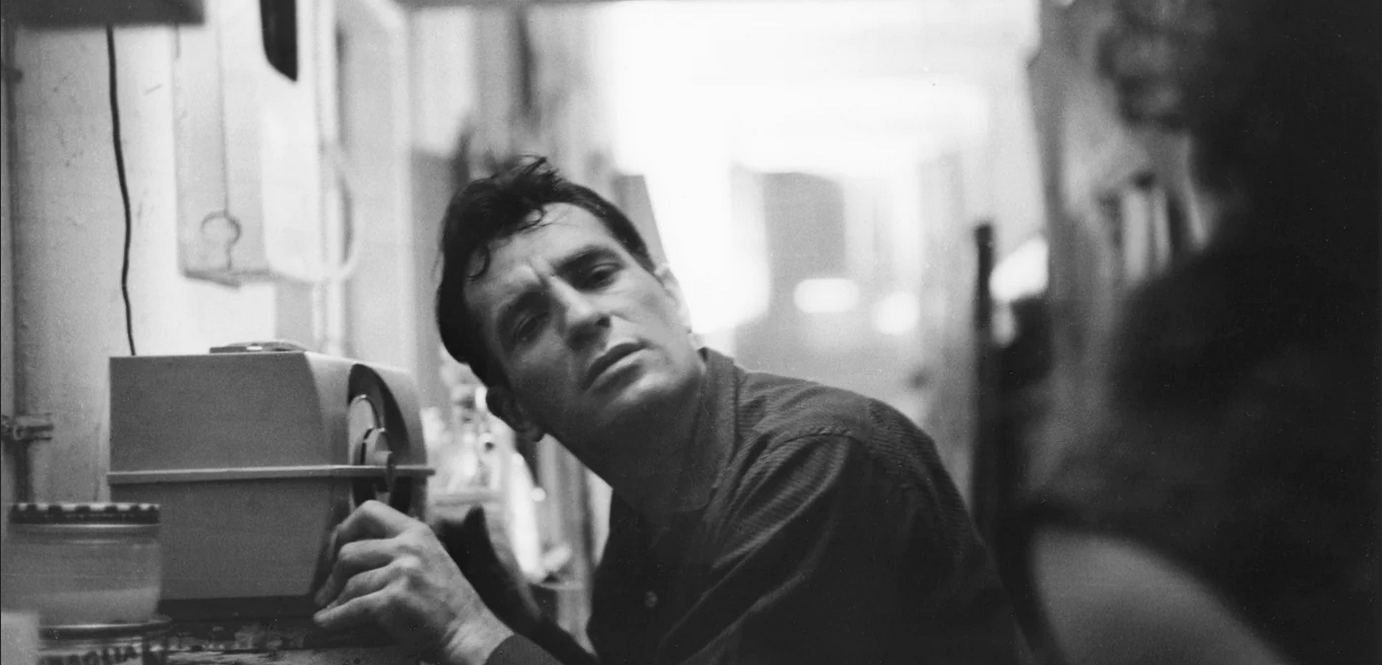The wimpiness epidemic
02/25 2023

"who howled on their knees in the subway and were dragged off the roof waving genitals and manuscripts"
There is a phenomenon which I've thought about a bit recently, which I think can be summed up the term "wimpiness epidemic". Now, that term brings up some nasty connotations right away, the leading assumption probably being that I am about to launch into some age-old tirade concerning how the current generation isn't "manly enough", or how chemicals in the water are turning our frogs gay, or how the new generation simply needs to pull up their boots and take a trip down to flavor country. But, I mean something very different. By wimpiness I'm referring specifically to cowardly tendencies in the face of personal identity, and in the formation of that personal identity. Normally, we like to think that we form our identity around the things that we like (for some reason or other), that it is a dynamic process which happens for a multitude for reasons: perhaps some genetic, some because of our upbringing, our choice of friends. But ultimately we are in control, no? We allow things to become a part of our identity because we feel that they represent us? That is, I think, a rather common view of how we would approach the question if we were asked. We would be more hard-pressed to accept the view that a large part of that identity was formed in virtue of what we think other people's opinion would be of that particular view.

While Pavlovian behaviorism only gets you so far in explaining human behavior, it does I think explain more than we'd like to admit, especially in social contexts. If we like something and try that particular identity mask on in public, and then get admonished in the process, are we tempted to try it again? Well, maybe, depending on how good it felt, right? But what if every mask you try on which is even slightly controversial is met with hate? Do you have the energy to keep up the charade for your entire life if your identity is based on things that only make life harder? Life is hard enough as it is, I reckon. I am moving further into the realm of symbolism here, but my point is clear enough, I hope. In modern society where social media is now a necessary part of growing up1, and where only a certain kind of opinion is accepted without admonition, an opinion of ironical and radical indifference, could one not then call that a kind of wimpiness? A fear of trying to be someone, yourself, in the face of criticism?
Something which I think further exacerbates this is the extreme polarization which occurs on social media. Let's take this discussion as an example. On social media one does not agree with someone without agreeing about everything that person says. One cannot have an honest discussion about things because things move a little bit too fast, which is in turn abused by bad faith actors. Consider the fact that I am aware that even writing the last two sentences makes me think that the author is being intellectually dishonest, and merely wants to push an agenda á la Peterson/Shapiro or any of the other free speech clowns. The difference is that the kind of nuance in discussion I am talking about isn't a charade to suppress other people, but to encourage individual expression.

I think this is primarily the reason why I admire the beats as much as I do. Not because they were admirable people, as far as I can tell most of them were quite the opposite: antisemitic, misogynistic (read anything of Kerouac), homophobic, and the list goes on... The admiration stems not of the people themselves, but the ideals that they represented. If we consider wimpiness in the sense as above, then they were the exact opposites. They were unapologetically themselves, warts and all. They didn't care that people didn't like them, they did what they wanted to do because they felt like doing it, throw caution with the wind! I mean, just consider the critique from Truman Capote: "None of these people have anything interesting to say,' he said, 'and none of them can write, not even Mr Kerouac.' It isn't writing at all --- it's typing" If he was right or not was irrelevant, seeing that the point was that they felt like writing, and that was that. In a life that is otherwise so much defined by what other people say, why not let the one thing you can control, your identity, be your protest against that very fact? Your Quixotic quest against no one in particular, your impossible quest with no reward except for the action itself.
It would make for a better story, at least.